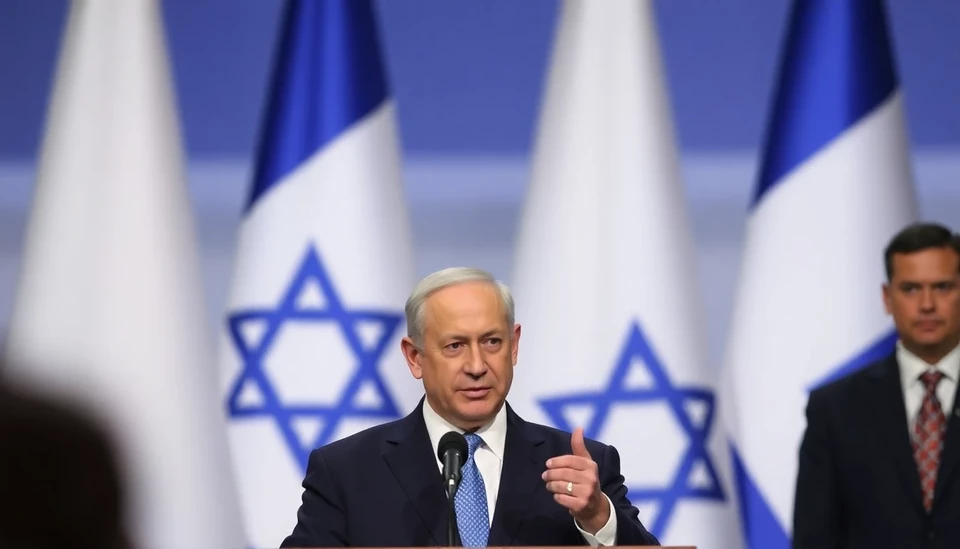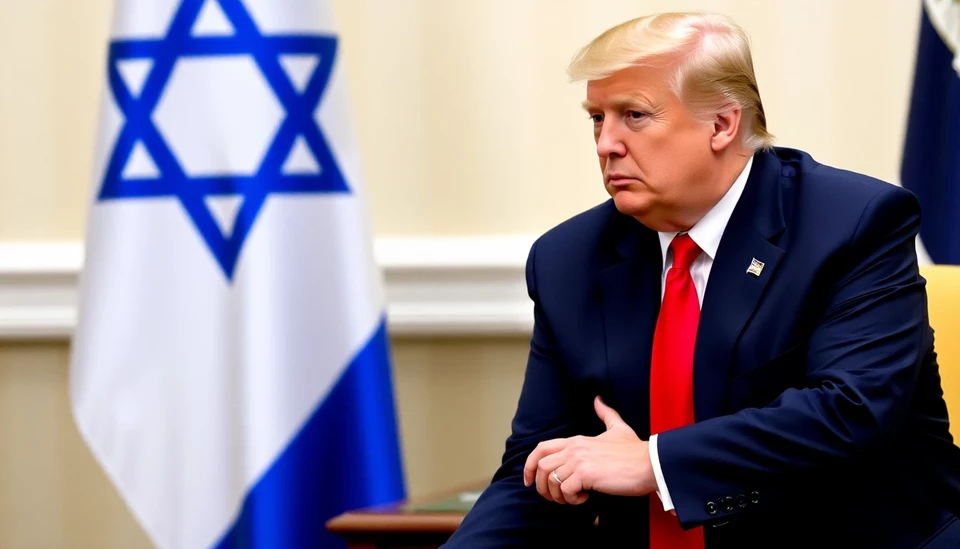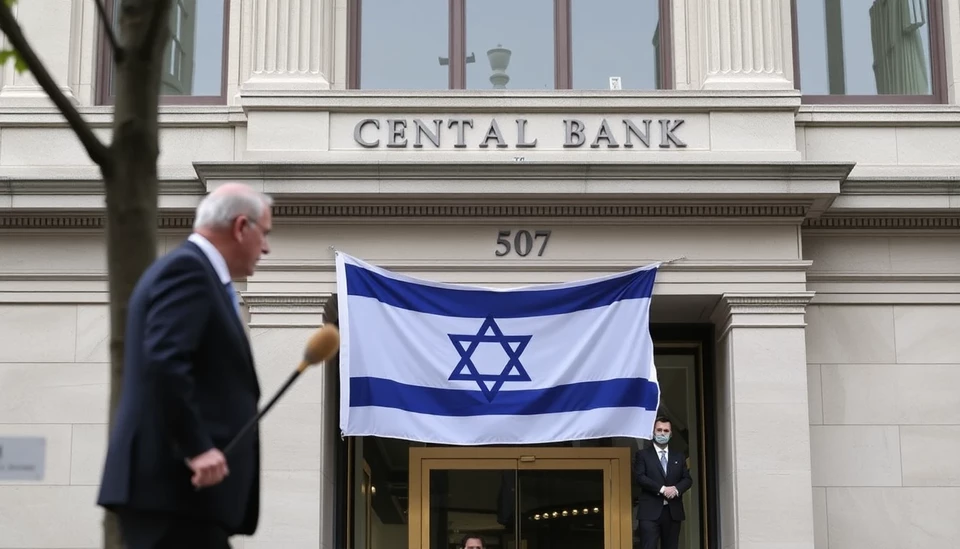
In a move reflecting the ongoing challenges posed by a multi-front conflict, the Bank of Israel has decided to hold its key interest rate steady at 4.75%. This decision, which has stunned some economists, comes as inflationary pressures surge due to heightened tensions in the region. Economists had widely anticipated a potential rate hike as a response to climbing consumer prices, but the ongoing instability has led the central bank to take a more cautious approach.
The Israeli economy faces significant strain as the recent outbreak of violence with Hamas and escalating tensions with Hezbollah further exacerbate already rising inflation rates. Current projections indicate that inflation is expected to remain elevated, leading to an overall price increase of about 4.5% next year. This has prompted concerns that the Bank of Israel may be forced to take action sooner than previously anticipated if inflation does not stabilize.
Bank officials are navigating a complex landscape of economic pressures. With the conflict disrupting supply chains and increasing expenditures for security and defense, there are growing fears that the economic repercussions could continue to ripple through various sectors. As such, the decision to maintain the current rate signals an attempt to safeguard the economy against further disruption while still prioritizing the stability of price levels.
Prior meetings of the Bank of Israel saw an aggressive approach to tackling inflation, including a series of rate hikes earlier this year. However, the recent spike in conflict-related tensions has shifted the context, prompting central bankers to reevaluate their strategies under volatile conditions. The situation remains dynamic, and as fear and uncertainty linger about the geopolitical landscape, predictions surrounding future interest rate changes may continue to evolve.
This holding of interest rates poses a broader question about the balance between economic stability and geopolitical realities, especially as citizens face rising living costs and economic anxieties. With inflation expected to remain a contentious issue for the foreseeable future, the government's response will be scrutinized closely by both economists and the public alike.
The Bank of Israel's next steps will be pivotal in shaping the country's economic trajectory as they aim to mitigate the impact of conflict-related inflation while ensuring enough resilience within the domestic market. As the situation develops, observers will be keenly watching how fiscal and monetary policies will adapt to an exacerbating crisis.
In conclusion, the Bank of Israel’s decision to hold interest rates serves as a barometer of the current economic climate, reflecting a careful balancing act between responding to inflationary pressures and managing the ongoing conflict that continues to profoundly affect daily life in Israel.
#Israel #InterestRates #Inflation #BankofIsrael #Economy #Conflict #Hamas #Hezbollah
Author: Daniel Foster




